Fabrizio Quattrocchi
Fabrizio Quattrocchi (May 9, 1968 – April 14, 2004) was an Italian security guard whose defiance in the face of death has made him a symbol of courage and patriotism in Italy. He was taken hostage in Iraq alongside his colleagues Umberto Cupertino, Maurizio Agliana, and Salvatore Stefio, all of whom were working as security contractors. The group was captured by a self-styled Islamist militant group known as the Green Phalanxes of Muhammad. While Cupertino, Agliana, and Stefio were later freed in a bloodless U.S. military raid, Quattrocchi was not as fortunate.
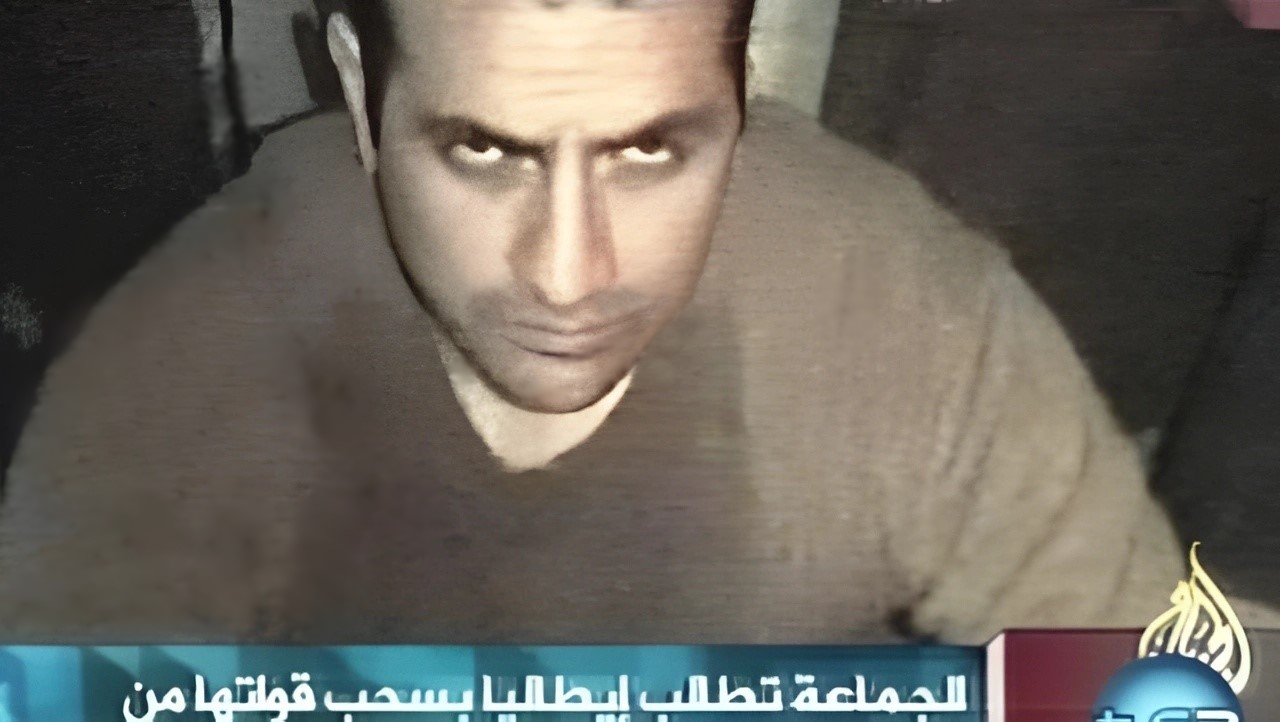
In a chilling and tragic turn of events, Quattrocchi’s kidnappers forced him to dig his own grave and kneel beside it, hooded, as they prepared to execute him on camera. However, his final act of defiance resonated worldwide. Removing his hood, he declared, “Vi faccio vedere come muore un italiano!”—“I show you how an Italian dies!”—before being shot in the back of the neck. This statement, his bravery, and his refusal to succumb to fear became iconic. Al Jazeera, the Arabic television station, declined to air the gruesome footage of his death, possibly because his defiance undermined its propaganda value.
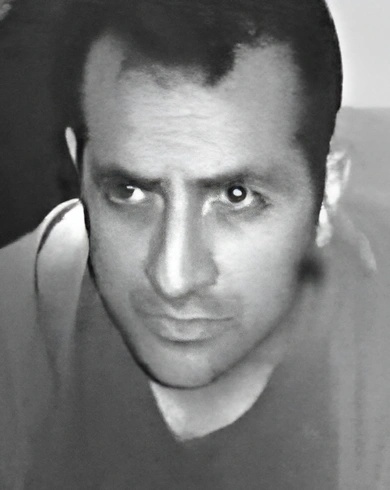
On March 20, 2006, the President of Italy, Carlo Azeglio Ciampi, awarded Quattrocchi the Gold Medal for Civil Valor. The honor, proposed by Home Secretary Giuseppe Pisanu, recognized Quattrocchi’s “exceptional courage and exemplary love of his country” in the face of barbaric execution. The medal citation praised him for upholding the prestige and honor of Italy through his final act. His sacrifice has since been commemorated in various ways, with streets and bridges in Italian towns named in his memory, and Oriana Fallaci dedicating part of her book La Forza della Ragione to him and other Italians killed in Iraq.
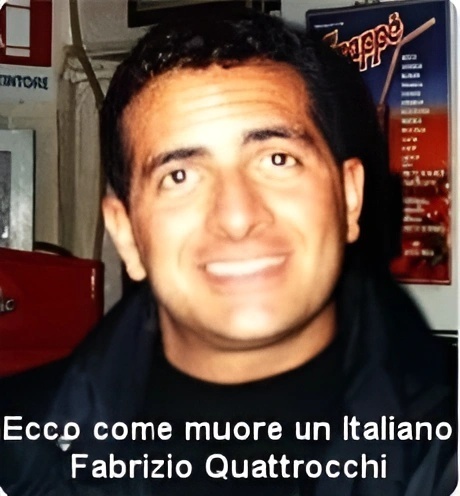
Despite the recognition, Quattrocchi’s death and its aftermath have remained deeply divisive in Italy. Critics on the left, while acknowledging his personal courage, argued that awarding him the Gold Medal was inappropriate, labeling private security contractors in Iraq as “mercenaries.” They contrasted his recognition with the honors given to other Italian victims of the Iraq conflict, such as soldiers killed in the 2003 Nasiriyah bombing or Nicola Calipari, the intelligence agent killed by American friendly fire during the rescue of journalist Giuliana Sgrena. These incidents fueled debates about the equity of posthumous honors and whether Quattrocchi’s specific valor outweighed the broader sacrifices of others.
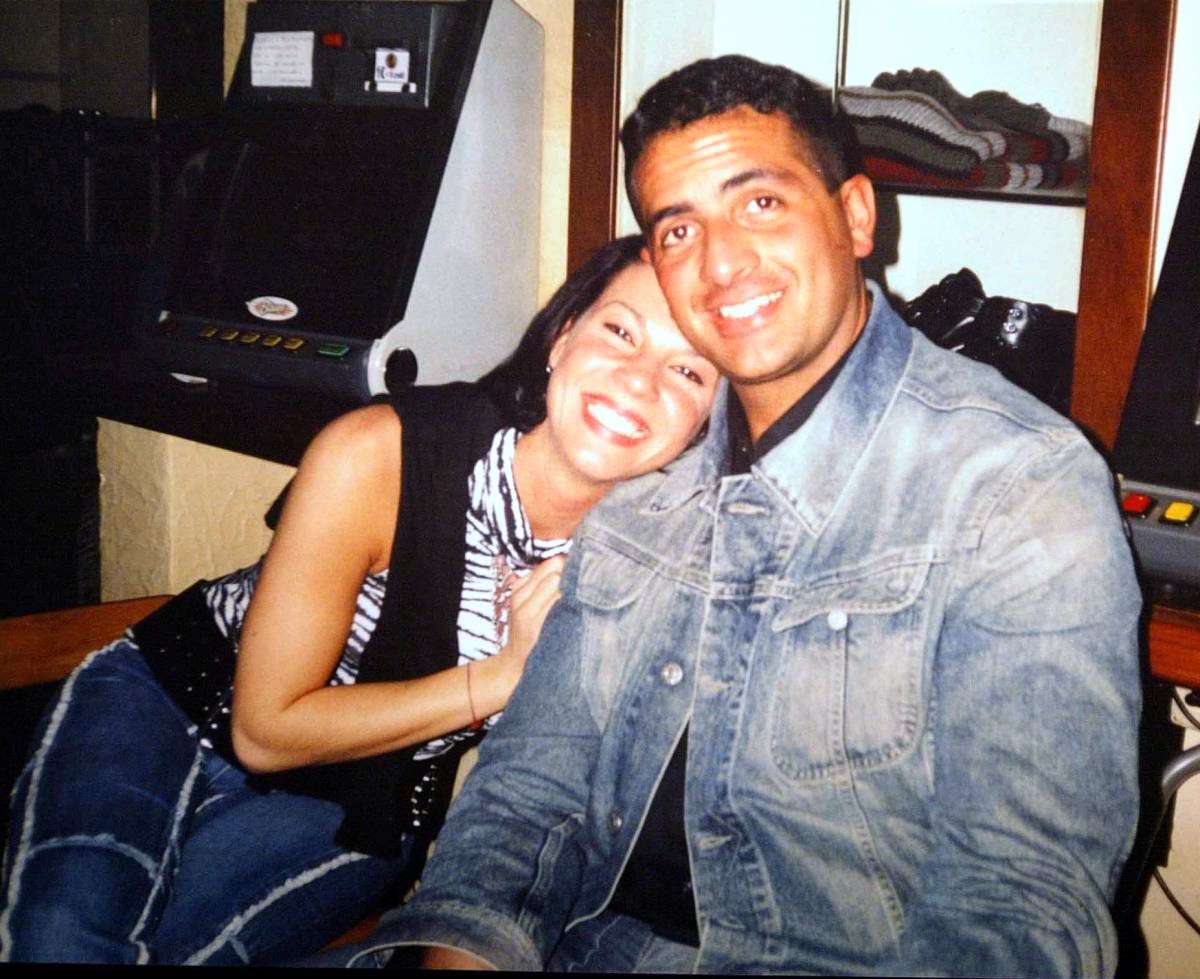
Quattrocchi’s defiance and death have also inspired a wider cultural and political narrative in Italy. Livio Chisi, a local leader, and Francesco Storace, a political commentator, have used his memory as a rallying cry for renewed patriotism and national pride. They argue that Quattrocchi represents the resilience and dignity of Italians, calling for greater recognition of his sacrifice and urging citizens to uphold the spirit of defiance he embodied.
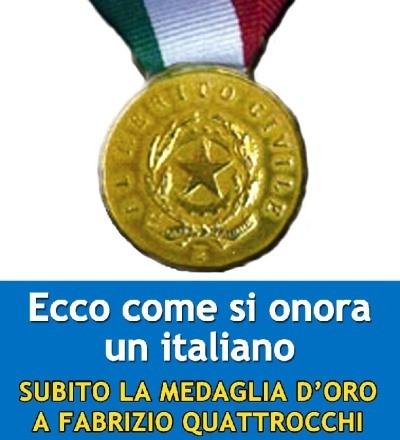
Storace lamented the waning memory of Quattrocchi among younger generations, accusing the nation of losing its connection to its past and its heroes. He compared Quattrocchi’s story to a totem standing firm against the “liquid society” described by Zygmunt Bauman—a symbol of steadfastness in an era of flux and forgetfulness. Calls for commemorative efforts, such as naming streets and schools after him, reflect a desire to keep his memory alive and inspire future generations.

In his death, Quattrocchi became a symbol of resistance not only to terrorism but also to the perceived erosion of national identity and values. His final act of defiance serves as a potent reminder of courage in the face of adversity, and his story continues to spark discussions about patriotism, sacrifice, and the cost of conflict. His words—“I show you how an Italian dies!”—have etched themselves into the collective memory of a nation, challenging Italy to remember and honor its past while confronting the complexities of its present.